Your cart is currently empty!
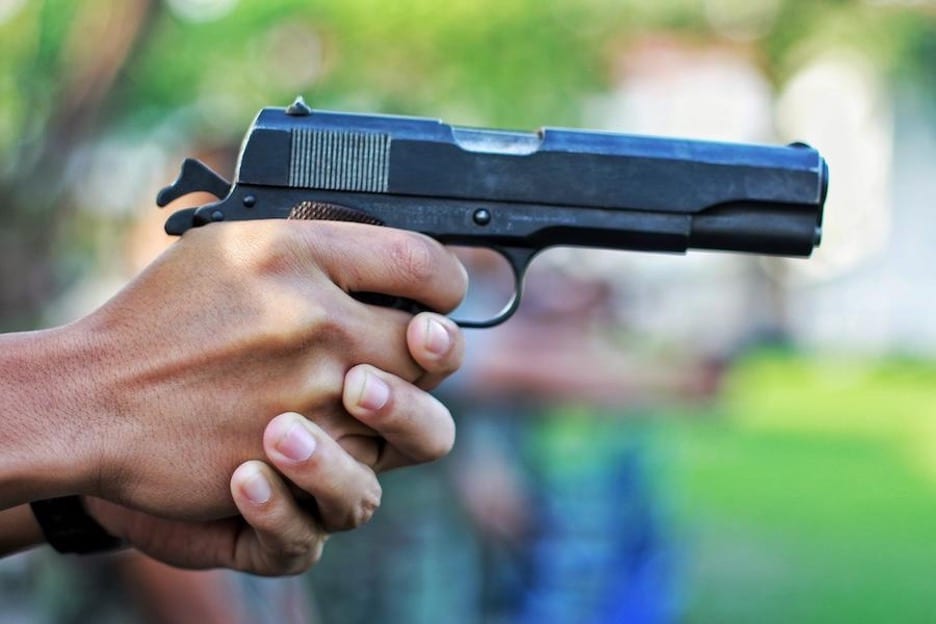
Selecting the Best Bullets for Self-Defense
Table of Contents:
The Short Answer: Choosing the best bullets for self-defense means selecting ammunition that offers reliable expansion, controlled penetration, and effective energy transfer. Modern hollow points, such as hybrid hollow points, are a top choice for their ability to stop threats while minimizing the risk of over-penetration.
Choosing the right self-defense bullet is one of the most important decisions a responsible firearm owner can make. Defensive bullet serves a distinct purpose, it must reliably stop an intended target while minimizing risks through controlled expansion. Unlike target bullets, defensive bullets focus on energy transfer and creating an effective wound channel upon impact.
Understanding Bullet Types
The Evolution of Defensive Ammunition
Over time, defensive ammunition has undergone significant advancements, transitioning from traditional Full Metal Jacket (FMJ) rounds to the modern hollow point and jacketed hollow point bullets. Early on, target ammo like lead bullets or FMJ rounds were primarily designed for target shooting and hunting but fell short when it came to stopping an attacker effectively in self-defense situations. As firearm technology progressed, the focus shifted toward creating ammunition that would transfer energy more efficiently, reduce risks to innocent bystanders, and ensure reliable expansion upon impact with soft tissue. Today, hollow point bullets are designed with a cavity in the tip to expand upon contact, creating a larger wound channel and increasing stopping power.
Key Bullet Design Advancements
- Hollow Point Bullets: These bullets are designed to expand on impact, providing a larger wound channel, higher stopping power, and reduced risk of over-penetration. Hollow point ammo is considered one of the best choices for self-defense due to its reliable expansion and controlled energy transfer.
- Jacketed Hollow Point (JHP): A jacketed hollow point combines the expansion of a hollow point with a copper jacket, ensuring better integrity and penetration through obstacles like heavy clothing. This design maintains the bullet’s shape and prevents fragmentation, which is crucial in defensive scenarios.
- Frangible Bullets: These are designed to break apart upon impact, minimizing the risk of ricochet and ensuring that the bullet dissipates energy effectively upon hitting soft tissue.
Bullet Composition and Performance
Bullet materials and composition have also seen significant improvements. Modern self-defense ammunition often uses solid copper or lead core bullets to ensure maximum energy transfer and effectiveness in stopping an attacker. Bullet weight and grain size also play a significant role in performance. Heavier bullets, typically used for home defense, offer better penetration and energy retention, while lighter bullets may offer higher muzzle velocity, making them suitable for target shooting and certain personal defense situations.
Main Self-Defense Bullet Designs
Understanding the different bullet types, their design characteristics and history becomes incredibly important when selecting self-defense bullets. Three main bullet designs dominate the personal defense market: hollow point, soft point, and full metal jacket. Each type offers distinct advantages based on its unique construction and performance characteristics.
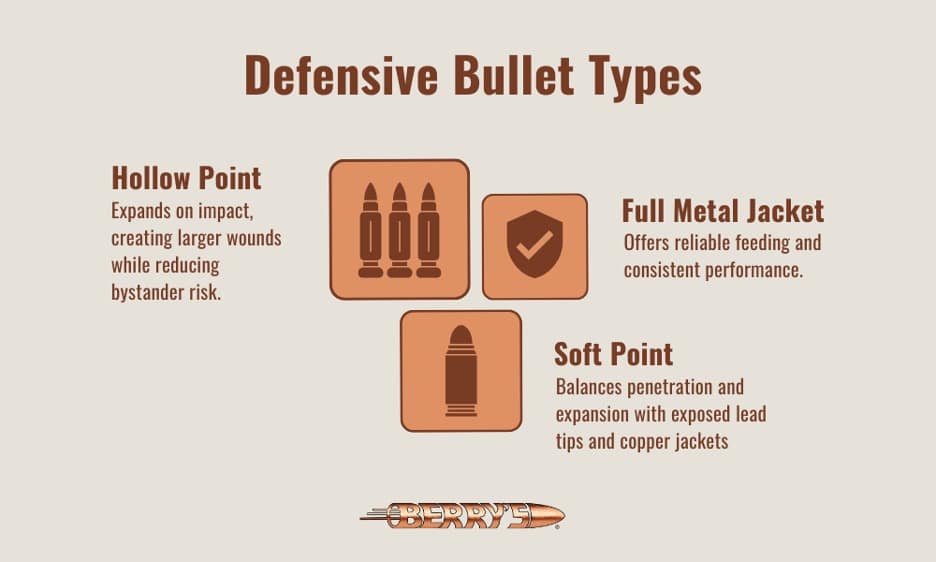
Hollow Point Bullets
Hollow point bullets are designed with a cavity in the tip, allowing for controlled expansion when they make contact with a target. This expansion maximizes energy transfer and reduces the likelihood of over-penetration, minimizing the risk to innocent bystanders. The result is a larger wound channel while the bullet stays on course, making hollow point ammunition an ideal choice for self-defense situations.
Here’s a breakdown of the different types of hollow point bullets:
- Standard Hollow Point: Features a simple cavity that expands upon impact, offering a balance between penetration and expansion.
- Jacketed Hollow Point: A hollow point bullet with a metal jacket surrounding the lead core, ensuring more controlled expansion and deeper penetration.
- Hollow Base: These bullets have a hollow cavity at the base instead of the tip, designed for enhanced expansion and accuracy at longer ranges.
- Semi-Jacketed Hollow Point: Combines a partially enclosed lead core with a jacketed exterior, offering a compromise between expansion and penetration while maintaining accuracy.
Soft Point Bullets
Soft point bullets combine reliable feeding with controlled expansion. These bullets have an exposed lead core tip with a copper jacket, offering a balance between penetration and expansion. The exposed lead tip initiates expansion while the jacket helps maintain bullet integrity during penetration.
Full Metal Jacket Design
Full metal jacket bullets have a complete metal coating over a lead core. While typically used in target shooting, some manufacturers produce specialized FMJ variants for self-defense. These bullets offer reliable feeding and consistent performance through various firearms.
Role of Bullet Composition
The effectiveness of defensive bullets relies heavily on their material composition. Lead cores provide the mass needed for proper terminal performance, while various jacket materials like copper or brass affect the bullet’s behavior upon impact. Modern manufacturing processes focus on achieving consistent bullet weight retention and controlled expansion rates.
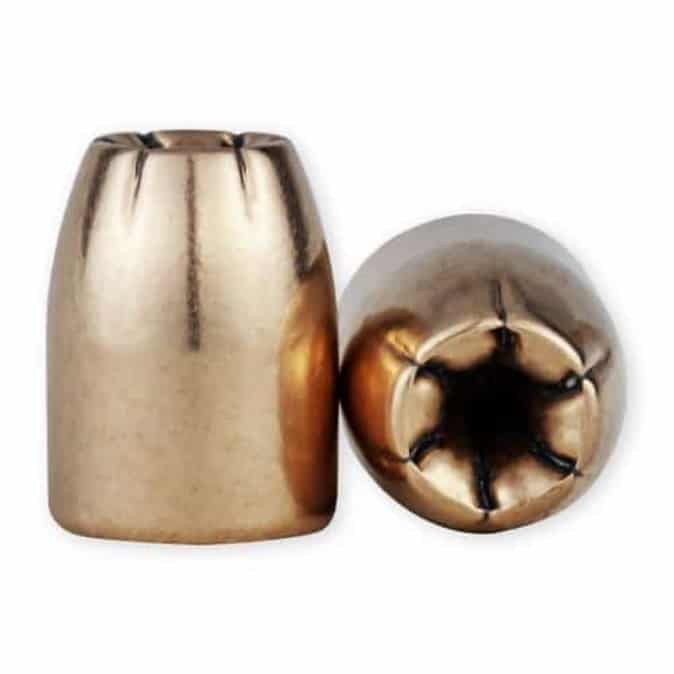
Ballistic Performance and Caliber Selection
When selecting the right caliber for self-defense, understanding ballistic performance is crucial. It’s not just about bullet speed; energy transfer to soft tissue depends on factors like bullet design, expansion, and penetration depth. The FBI’s established gel test protocols require bullets to penetrate 12-18 inches in ballistic gel while expanding reliably, ensuring optimal performance in real-world scenarios. Advances in bullet technology have significantly narrowed the differences in stopping power across calibers, with high-quality hollowpoint bullets in all three calibers meeting FBI standards when properly designed. Ultimately, shot placement and shooter proficiency often have a greater impact on self-defense effectiveness than the caliber choice itself.
When selecting a caliber for self defense, three options stand out in the modern firearms landscape: 9mm, .40 S&W, and .45 ACP. Each brings distinct characteristics that influence their bullet type performance in defensive situations.
9mm
The 9mm Parabellum has become the standard for home defense and personal defense. This caliber offers moderate recoil, allowing for quick follow-up shots and extended target shooting sessions. Modern hollow point bullets typically achieve muzzle velocity between 1,000-1,300 feet per second, delivering sufficient energy while maintaining controllability.
.40 S&W
Moving up in size, the .40 S&W provides heavier bullets while maintaining manageable recoil. This caliber was developed to bridge the gap between 9mm and .45 ACP, offering a balance between capacity and power. The .40 S&W pushes larger bullets at velocities similar to 9mm, resulting in increased energy transfer upon impact.
.45 ACP
The .45 ACP represents the traditional carry gun choice for those prioritizing bullet weight and mass over velocity. This cartridge delivers grain bullets at slower speeds, typically 850-1,000 feet per second. While recoil is more pronounced, many shooters appreciate the proven track record of this century-old design.
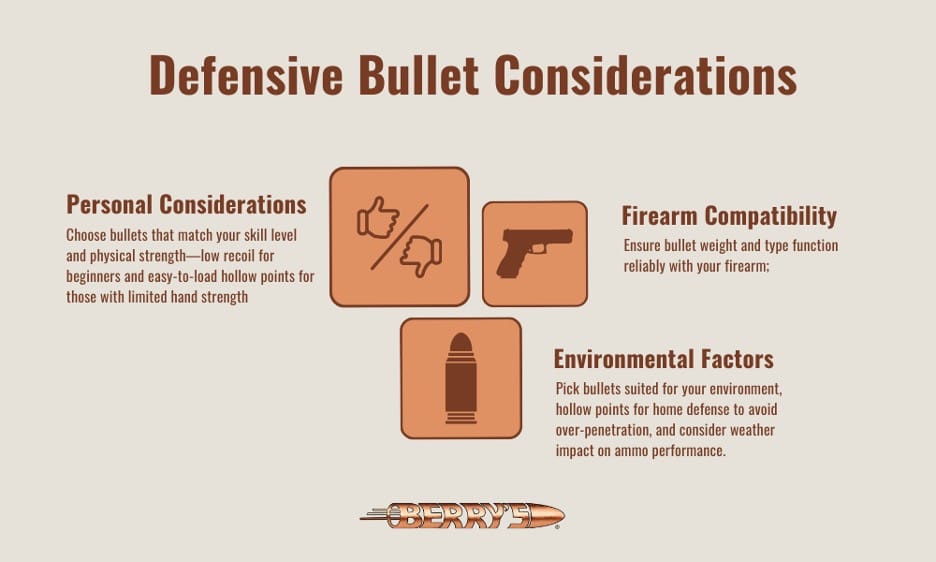
Choosing Based on Your Needs
Selecting the right self-defense bullet requires careful consideration of three main factors: your personal preference, your carry gun’s specifications, and your typical environment. Let’s examine how each of these elements affects your bullet choice.
Personal Preference
When selecting the right caliber for self-defense, it’s essential to practice with a few different options at the shooting range. Experimenting with various calibers will help you understand how each one feels in terms of recoil and accuracy, which are critical factors in defensive shooting. By regularly training with your chosen caliber, you’ll develop better control, improve your follow-up shot accuracy, and build confidence in your ability to respond effectively under pressure. Consistent practice will also help you get comfortable with your firearm and its specific ammunition, ensuring you’re ready when it matters most.
Firearm Compatibility
Your firearm’s design determines which bullet type will function reliably. Semi-automatic pistols often work best with certain bullet weights that feed smoothly from the magazine. Magazine capacity varies by bullet diameter; 9mm magazines typically hold more rounds than .45 caliber, offering a trade-off between bullet size and round count. Modern firearms may include recoil management features like dual spring systems or compensators that work better with specific bullet weights.
Use Case
Home defense scenarios usually involve short distances and require hollow points that minimize over-penetration risks through walls. For concealed carry, bullet choice affects how your carry gun conceals, larger calibers generally mean bigger guns that are harder to hide. Climate conditions impact bullet performance too; extreme heat or cold can affect powder performance, while humidity may affect bullet coating. Consider your local weather patterns when selecting self-defense loads.
Each of these factors works together to determine the optimal bullet choice for your specific situation. The right selection balances your abilities, your firearm’s requirements, and your daily carrying environment.
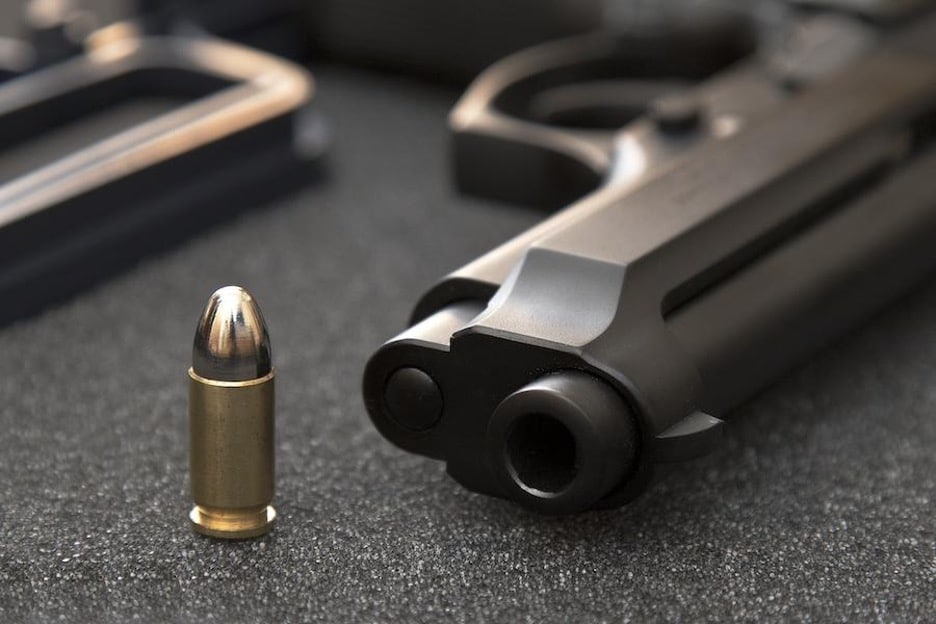
Why Choose Berry’s Bullets?
Choosing the right self-defense bullet comes down to finding the perfect balance of stopping power, accuracy, and reliability for your specific carry gun and intended target. When you’re ready to select high-quality hybrid hollow-point bullets for personal defense, consider Berry’s Manufacturing, a family-owned business with over 60 years of bullet design expertise. Our product line includes specialized hollow point bullets in popular self-defense calibers like 9mm, .40, and .45, all manufactured at our state-of-the-art facility in Utah.
Berry’s Manufacturing maintains strict quality control standards, producing defensive bullets with consistent bullet weight and precise dimensions that serious shooters demand. Make the best choice for your home defense needs, explore Berry’s Manufacturing’s selection of American-made bullets, backed by decades of expertise and a commitment to superior quality, or contact us today!
